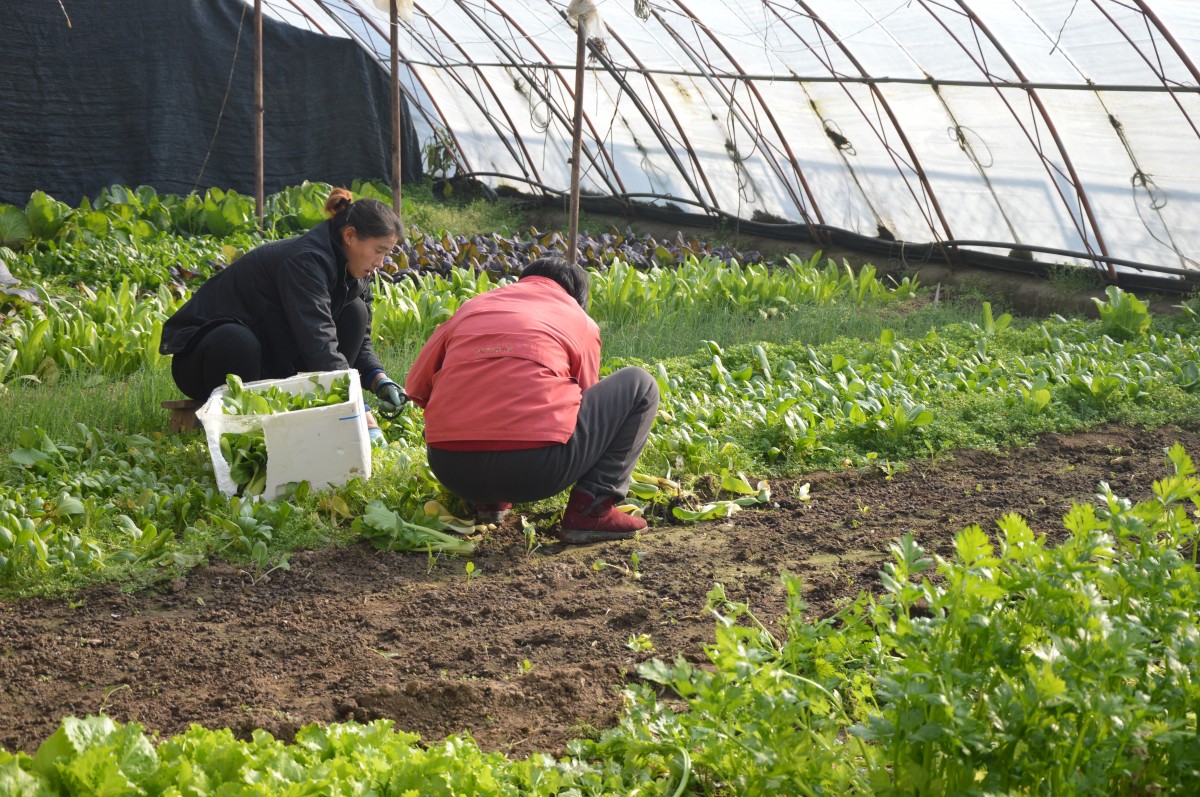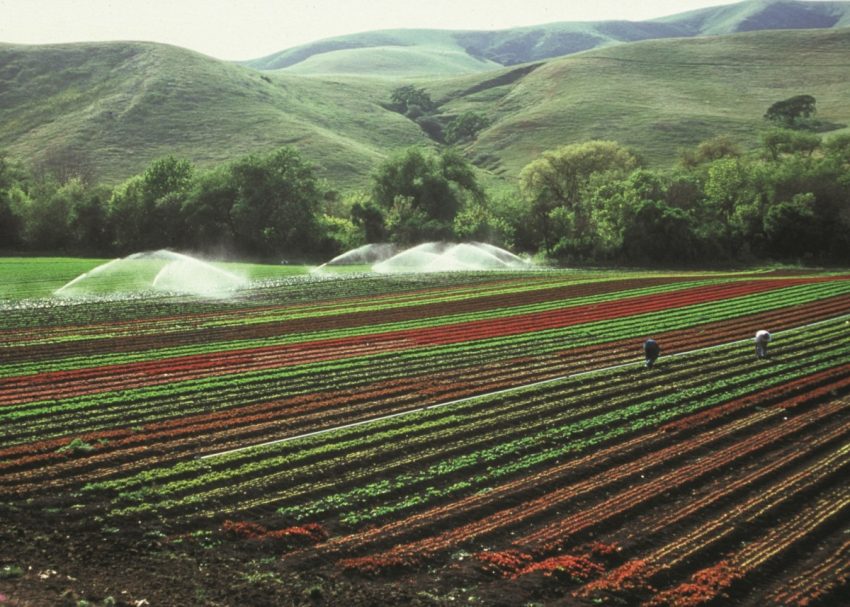Hey there, eco-conscious readers! Have you ever wondered how we can meet the world’s growing food demand without harming our planet? The answer lies in sustainable agriculture – a powerful approach that nurtures the earth while ensuring we have enough food for everyone. In this guide, we’ll explore the incredible potential of sustainable agriculture and how it can be the solution to many of our environmental challenges. Get ready to be inspired and empowered to make a positive impact!
1. Understanding Sustainable Agriculture
Sustainable agriculture is a holistic farming method that focuses on long-term ecological balance, economic viability, and social well-being. Unlike conventional practices that rely heavily on synthetic fertilizers and pesticides, sustainable agriculture adopts nature-friendly techniques to enhance soil health, conserve water, and protect biodiversity. It prioritizes the use of renewable resources and promotes fair labor practices, making it a win-win for both people and the planet.
2. Building Healthy Soil with Regenerative Practices
The key to successful sustainable agriculture lies in healthy soil. Regenerative practices, such as cover cropping, crop rotation, and composting, can breathe life back into the soil. Cover cropping involves planting crops like legumes during fallow periods to replenish nutrients naturally. Crop rotation, on the other hand, helps prevent soil depletion by alternating plant species in a field over time. By incorporating these practices, farmers can reduce the need for chemical fertilizers and pesticides, fostering healthier ecosystems.
3. Embracing Agroforestry for Climate Resilience
Agroforestry is an innovative sustainable agriculture technique that integrates trees and shrubs with traditional crops or livestock. This system offers numerous benefits, such as carbon sequestration, soil erosion prevention, and improved biodiversity. The presence of trees on farmland also creates microclimates, providing shade and protection for crops and livestock. By encouraging agroforestry, we can enhance the resilience of agricultural systems to climate change and ensure a more sustainable future.
4. Promoting Local Food Systems and Food Security
One of the most significant advantages of sustainable agriculture is its potential to strengthen local food systems and improve food security. By supporting local farmers who adopt sustainable practices, communities can reduce their dependence on food imports and ensure a more stable food supply. Additionally, sustainable agriculture often prioritizes crop diversity, which boosts resilience against pests, diseases, and climate-related challenges.
5. Supporting Fair Trade and Ethical Farming

As consumers, we have the power to influence sustainable agriculture by making conscious choices. When buying food, look for labels like “Fair Trade” or “Organic” that indicate ethical and sustainable farming practices. By supporting fair trade, we empower farmers to earn fair wages and improve their livelihoods. Ethical farming practices not only benefit farmers and farmworkers but also promote environmentally friendly methods that contribute to the health of our planet.
6. Engaging in Community-Supported Agriculture (CSA)
Want to take your sustainable agriculture support to the next level? Participate in Community-Supported Agriculture (CSA) programs! CSA connects consumers directly with local farmers by allowing them to purchase “shares” of the farm’s produce in advance. This provides farmers with much-needed financial stability and guarantees consumers fresh, seasonal, and locally-grown food. CSA fosters a stronger connection between consumers and the agricultural community, promoting a more sustainable and transparent food system.
7. Taking Small Steps at Home
Sustainable agriculture doesn’t just apply to large-scale farming; it starts at home too! Even if you don’t have a farm, you can contribute to the movement by adopting sustainable gardening practices. Grow your vegetables and herbs using organic methods, compost kitchen scraps to enrich your soil, and avoid using harmful chemicals. Every small step counts and collectively adds to the greater cause of nurturing the earth.
Now that you’ve learned about the power of sustainable agriculture, it’s time to put knowledge into action! By supporting sustainable practices, whether in farming, food choices, or gardening, you become a part of a global movement that seeks to create a healthier and more sustainable world for generations to come.

